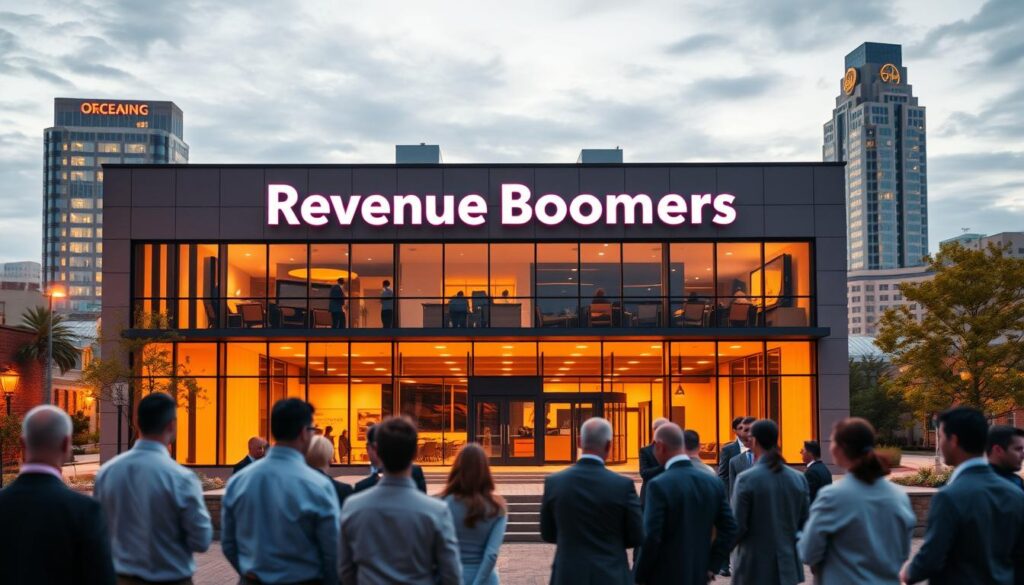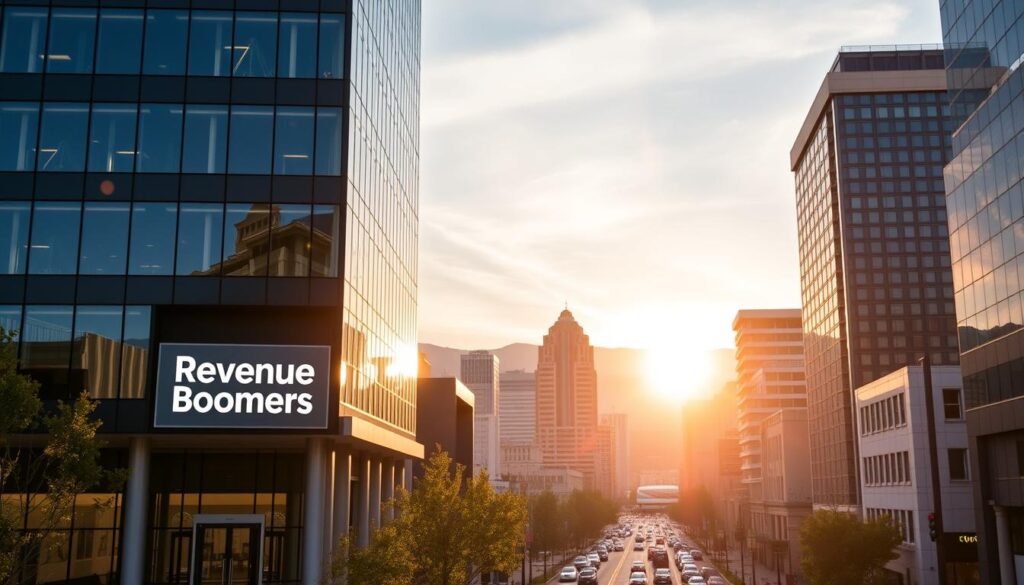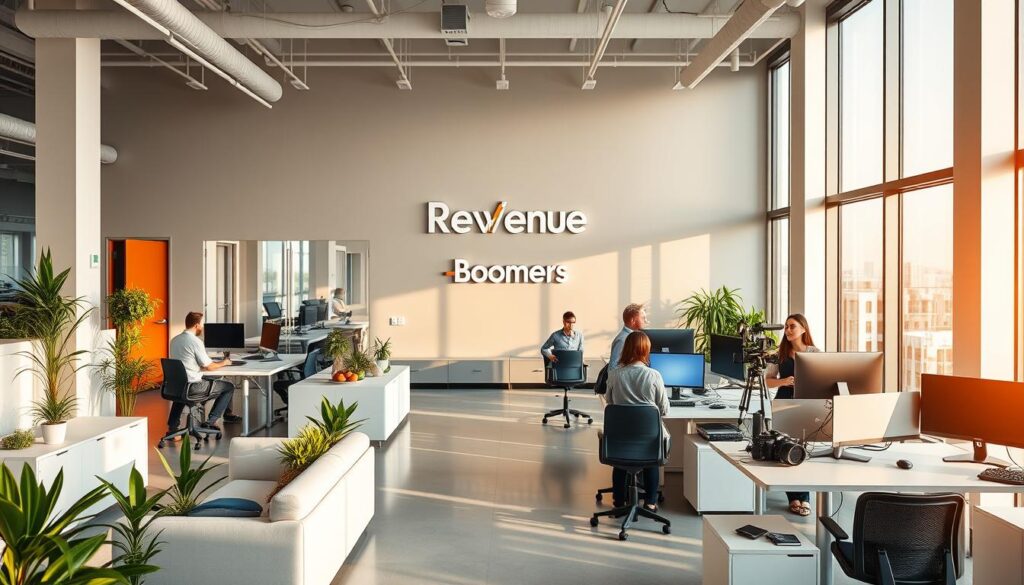Local SEO is the process of optimizing your website to rank at the top of search results within your local area. For instance, when a user types in “lawyer near me” or “hair salon near me” a local business in their area will appear in the search results. The goal of local SEO is to drive more traffic to your business, whether you own a brick and mortar store or provide a service in an immediate area. After reading the ultimate local SEO tips, you will have a better understanding of how to rank your website on Google.
How Does Local SEO Work?
As a business owner you want to be on top of the search engine results page (SERPs) to attract more customers. With the help of a local SEO expert, you can quickly rank your website. First, let us explain how local SEO works.
When you do a local search you will notice that Google shows the top 3 relevant websites with their address and phone number. In the SEO space, this is commonly referred to as the Google Map Pack. Ranking on the Google Map Pack can be the difference maker for your company. Making it critical for local businesses to invest in local SEO services.
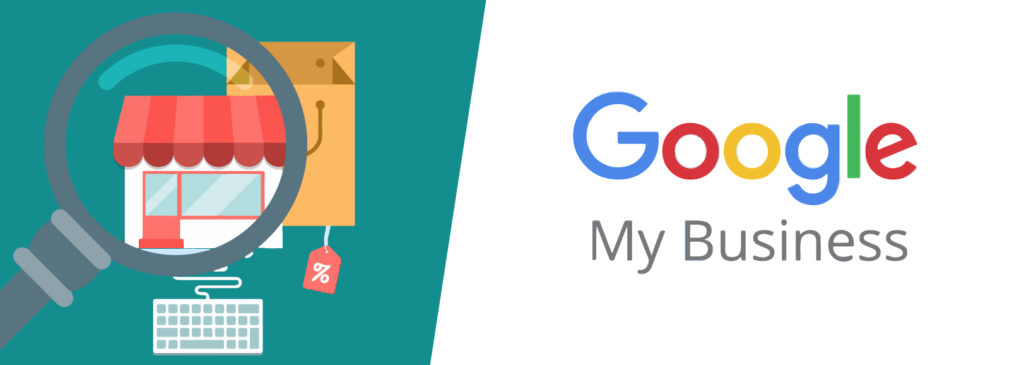
Importance Of Google My Business
Google My Business is perhaps one of the most essential tools for local SEO. Not to mention it’s free and easy to set up. All you need to do is visit Google My Business to get started. With your Google My Business account, you will include your business information so that search engines can rank you locally. Once you create your account you will fill out your business information. More specifically what products and services you offer, where you are located, and how customers should contact you. Having all this information gives your website a higher chance to be included in the Google Map Pack. Without a verified Google My Business Account you will not rank in the Google Map Pack.
You May Also Want To Check: Do I Need an SEO Agency? Expert Digital Growth Guide
Google My Business Address
It goes without saying that having a physical address is one of the most important local SEO factors. However, some businesses work from home and do not necessarily want to share their home address on the internet. There are generally two ways to deal with this.
The first one is to rent a coworking space and use that address in your NAP. The other method is by using and confirming your home address but hiding it for privacy. Generally, having a visible address is still much preferred, but you can still optimize your website to rank locally without it.
Organic Search Listings
If the user can’t find what they want in the Google Map Pack, they can scroll past the Google Map Pack and check out other websites listed on the SERPs. It is estimated that nearly 75% of users never go past the first page and typically retype their search query if they don’t find what they are looking for on the first page. Therefore, if your business is not on the first page, you are losing customers to your competitors.
Importance Of Local SEO
As mentioned above, the goal of local SEO is to rank your business in local search engines. It goes without saying that having a strong online presence within your service area can generate more sales. If you are a small business owner that sells a product or service, you must learn about the basics of local SEO. This blog will explain everything you need to know. So keep reading.

Local SEO For Small Businesses
There are countless benefits of local SEO for small business owners. No matter your industry you can see a significant increase in sales when you rank at the top of Google. Now you may ask, what type of business benefits the most from local SEO? To answer that question we actually listed some businesses that can benefit from local SEO:
- Bars and restaurants
- Doctors
- Dentists
- Law Firms
- Car Dealerships
- Plumbers
- Real Estate Agents
- Hair Salons
- Phone Repair Stores
- Retail Stores
The businesses mentioned above are just some of the industries that have several opportunities to attract more customers by ranking locally. Normally, these types of companies operate within a twenty five mile radius of their location and need the increased visibility.
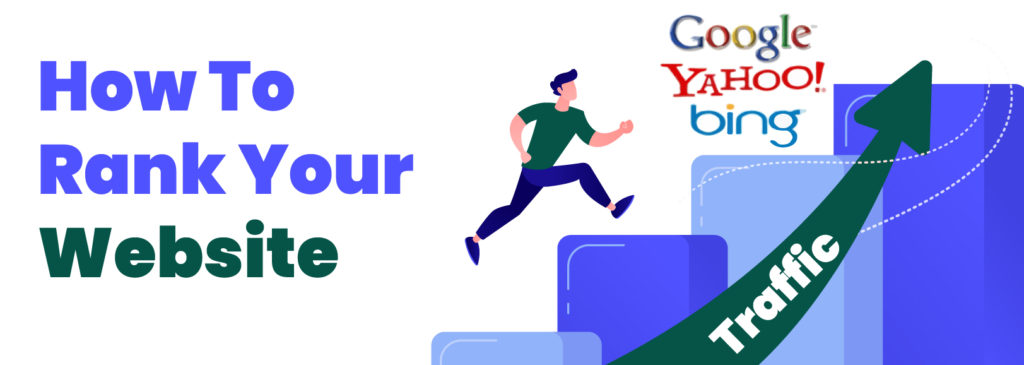
How To You Rank Your Website
Now, the question is how do you rank your website locally? The good news is there are several SEO companies that specialize in providing local SEO services to help you get it done. The real question is, are you willing to invest in your business to reap the benefits of SEO? Just to put it into perspective, Google holds 86.86% of the search engine market share. Making Google’s search engine the most dominant technology in the space. To say that Google is the leading search engine is an understatement.
That being said, Google is quite secretive on the exact process of how they compute website rankings. However, they frequently release guidelines to help webmasters understand the best SEO practices to optimize a client’s website. In fact, this is why we created the ultimate local SEO guide for small business owners looking to understand how local SEO works and how to quickly rank their website locally.
Recommended: How To Rank First On Google? | SEO Success Guide
Building A Local SEO Strategy
Generally speaking, the most important aspects of SEO are on-page SEO and off-page SEO. If you are unfamiliar with these two concepts, this local SEO guide will dive into the details.
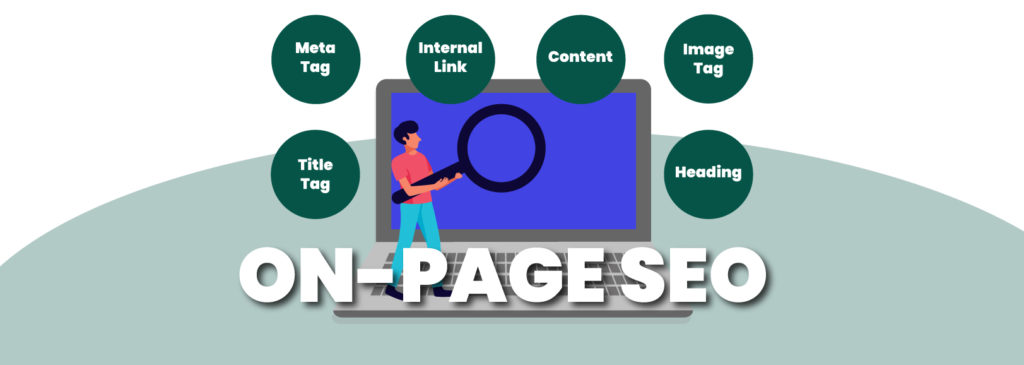
On-Page SEO
Simply put, on-page SEO refers to the content on your website. The first step to ranking a website is clearly identifying your services. Next, you want to do some keyword research. As you begin to identify buyer keywords. then you map out the website content for each service page. Keep in mind, make sure you avoid keyword stuffing. Ideally, 1-2% keyword density should be enough to rank your website.
Keep Track Of Your Competitors
If you have no idea what keywords to use, it is always a great idea to research your competitor’s keywords. There are several SEO tools that you can use to outrank your competitors. Some of the SEO tools that you can use are Ahrefs, Moz, Spyfu, and many more.
Another method of finding the right keyword is using Google autosuggestions with a tool named Keywords Everywhere to find a list of possible keywords related to your business. For example, if you are the owner of a restaurant, you might want to search “ restaurants near me” and let Google suggestions provide you with a list of relevant keywords.
On Page SEO Factors
Below is a list of several on page SEO factors that you should learn if you want to rank your website:
- Page titles
- Meta descriptions
- Headings
- Subheading
- Content
- URLs structure
- Anchor ext
- Image file names
- Alt text descriptions
If some of these terms seem foreign to you, that is normal, it takes time to truly understand how search engines work. This is meant to be a general explanation of on-page SEO. If you have any specific questions, you can book a free local SEO consultation with our team.
Importance Of Content Marketing
Depending on how competitive your industry is, you might need to create a content marketing strategy to boost your website rankings. How? Create informative blog content on your industry to stand out as an expert in your space. Google is looking to rank websites that provide value to their users. Thus, the more content you create that is related to your industry, the better chances you have to rank locally.
Image And Video Optimization
While you might think that images and videos are not relevant to your local SEO campaign, it’s actually quite the opposite. Since the birth of Google Images and the purchasing of YouTube, Google’s search engines allow users to search for images and videos related to their queries.
Here’s a quick guideline on how to optimize your images and videos for local SEO:
- Use keywords in the file name before uploading
- Optimize image titles
- Insert keywords in the alt text of the image or video
- Include captions
- Resize to the preferred dimensions
- Create a YouTube thumbnail with keyword in file name
- Add description related to keywords
- Share video on social media accounts
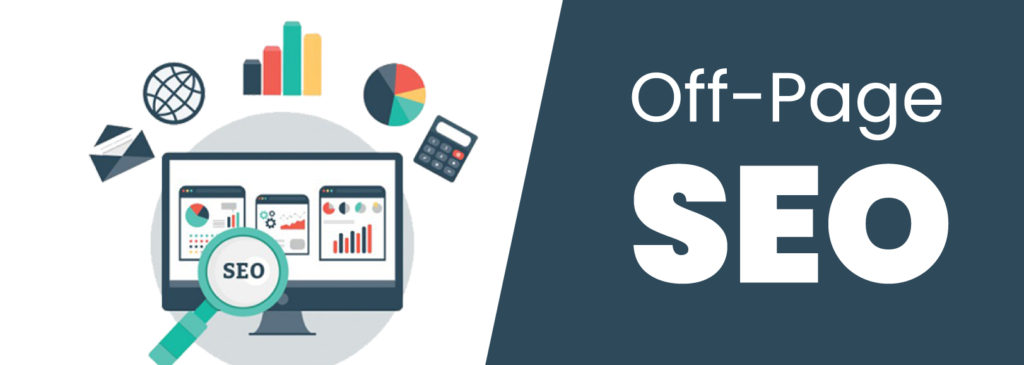
Off-Page SEO
Once your website is optimized for on-page SEO, the next step is focusing on off-page SEO. When it comes to off-page SEO the main thing you need to understand is link building.
Link Building
Now that you have optimized for on-page SEO, you need to build trust with search engines such as Google, Bing, and Yahoo so they will rank your website. To do this, you need to focus on getting backlinks from authority websites.
While websites with high domain authority can help you boost your search rankings, websites with low domain authority, on the other hand, can negatively impact your position. However, it is easy to remove spammy backlinks that link to your website.
Local Citations (NAP)
Local citations are backlinks from local business directory websites. Local business directories include Yelp, Yellow Pages, Yext, Bright Local and many more. The most important things to add to local citations is your business name, address, and phone number, often abbreviated as NAP. You also want to make sure your NAP is consistent in each business directory.
Getting Business Reviews
It is important to ask your customers to leave reviews. Having positive reviews can help boost your local rankings. One of the most proactive ways to get more reviews, is to simply ask for them. You will be surprised how excited your customers are to leave a review for your business. Would also like to add that you should not be discouraged about negative reviews. If you receive a negative review, reply promptly and ask them what aspects of your services can you improve in the future.
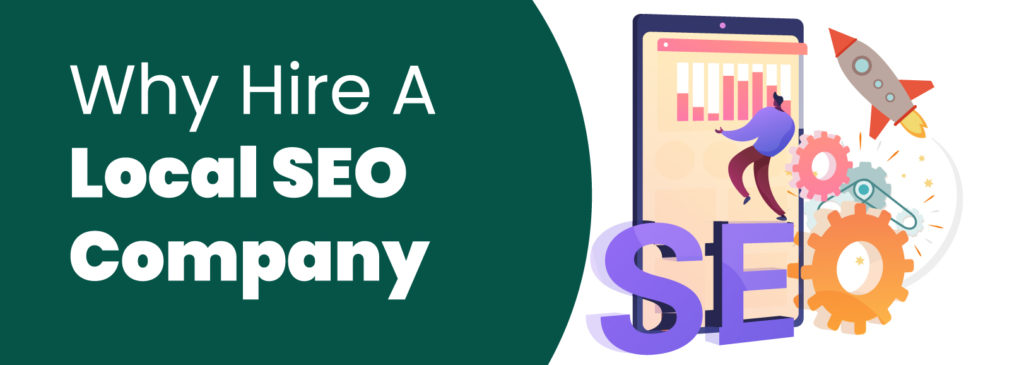
Why Hire A Local SEO Company
If you are having a hard time trying to figure out how local SEO works, you can hire a local SEO company. At Revenue Boomers, our team of local SEO specialists can help you achieve all your goals. We also offer free local SEO consultations for business owners. Click here to book a time on our calendar.




